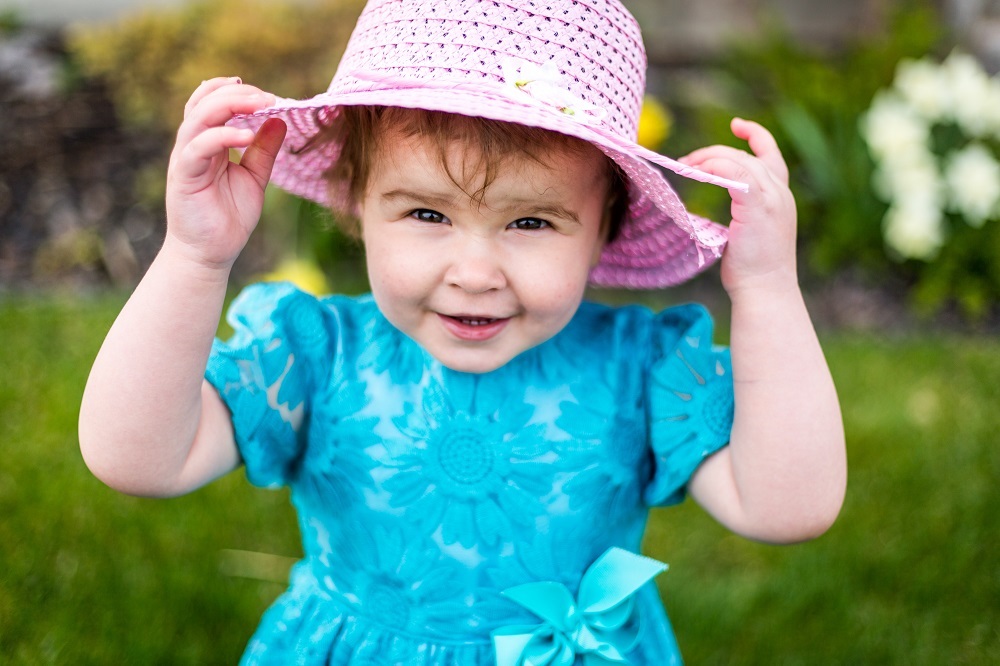Do your baby’s teeth grow well? Protecting deciduous teeth is the “foundation” of protecting a baby’s life.
Young parents want their babies to have healthy and beautiful teeth. Teeth are closely related to the baby’s health. For example, the digestion and absorption of nutrients in the intestine and stomach are determined by the teeth, and even the stimulation of the brain comes from the mouth. Are your baby’s teeth well developed? Is your idea and method of protecting teeth correct?
Grow Teeth: A Milestone for Baby Growth
You know what? As early as in the mother’s stomach, the baby’s deciduous teeth have begun to form. Of course, when the baby was born, the small teeth did not grow, but at this time the baby’s mouth has 20 deciduous teeth and several permanent teeth germination, they line up the entire gum. Six to ten months after the birth of the baby, careful mothers will be surprised to find that the baby has its first tooth. This small tooth has brought a great surprise to the whole family. This is a milestone in the growth of the baby, and it’s worth celebrating!
By the age of three or so, the baby’s deciduous teeth will generally grow up completely and arrange neatly. At the same time, most of the baby’s permanent teeth are in the process of gestation. When he enters primary school, he will grow his first permanent tooth. When he becomes a senior pupil in elementary school, all the deciduous teeth will fall off and change into permanent teeth. The baby really grows up!
When deciduous teeth first appear, babies may feel uncomfortable because of gingival inflammation. Some babies are especially prone to crying and difficult to care at this stage. Some babies are especially fond of biting when they begin to grow teeth. This is a new development. You can provide them with safe biting toys to meet their oral needs at this time.
Common wrong practices or ideas:
1. The baby can’t chew when he has a front tooth.
Wrong. In fact, the function of the front teeth is to cut off food. Before the other deciduous teeth grow out, babies have begun to chew with gums. This development of oral function will have a certain impact on his eating habits and language development in the future.
2. A Baby crying is because of teeth growth.
Wrong. Many parents think that cry, fidget or have a fever is the inevitable phenomenon of teeth growth. In fact, part of the baby’s reaction is related to teeth growth, but other factors can’t be ignored: baby’s fever may be sick, because the antibodies brought by six-month-old babies from their mothers are slowly decreasing. And his own immune system has not been well established, the possibility of infection is very high, so we can’t take it lightly. In addition, baby crying may be due to diarrhea, because the baby begins to eat supplementary food and wean milk in this stage, abdominal discomfort will also cause noise. Therefore, the baby’s discomfort must be identified in time, and can’t easily be equated with teeth growth, in order to avoid delaying the condition.
What you can do:
1. Massage the baby’s gums. Sometimes you gently massage the baby’s red and swollen gums with your finger, which will make the baby feel more comfortable.
2. Prepare frozen and soft food. If the baby doesn’t want to eat, you can prepare some pudding, cheese, etc.
Notices: In order to prevent the baby from scratching and biting during the eruption of deciduous teeth, you can prepare a fixator for him. Let him eat carrots, apples and other hard food, but be careful that the baby bites too much at once and chokes.

